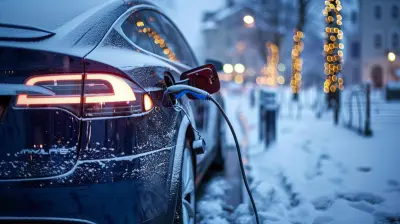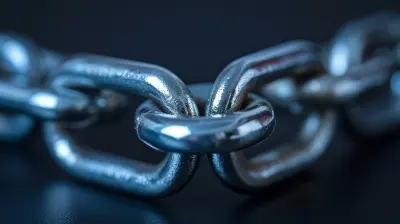How Battery Tech is Enabling the Growth of Smart Homes
3 September 2025
Smart homes are no longer a futuristic dream—they are a reality. The ability to control lighting, security, heating, and even appliances remotely has transformed how we live. But have you ever thought about what powers these smart devices? While automation and AI get most of the attention, battery technology is working behind the scenes, playing a crucial role in ensuring smart homes function seamlessly.
From smart thermostats to home energy storage systems, advances in battery technology are unlocking new possibilities. In this article, we'll dive into how battery innovations are making smart homes more efficient, sustainable, and convenient. 
The Role of Batteries in Smart Homes
Batteries are the lifeline of smart homes, ensuring devices remain operational even during power outages. Whether it’s a smart door lock, security camera, or backup power system, efficient battery tech is crucial for uninterrupted functionality.1. Powering Smart Devices Efficiently
Every smart home relies on wireless devices, and every one of those devices needs power. Traditional wired connections limit placement and flexibility, while outdated battery technology requires frequent recharging or replacement. Advances in lithium-ion and solid-state batteries are changing the game.Modern batteries last longer, charge faster, and provide steady power, making them perfect for wireless smart home devices like sensors, security cameras, door locks, and voice assistants. With improved energy density, devices can now run for months or even years on a single charge.
2. Making Homes More Energy-Efficient
Many smart home devices are designed to optimize energy usage. Smart thermostats, lighting systems, and appliances help homeowners reduce electricity consumption. However, these devices need a reliable power source to function effectively.Energy-efficient batteries allow smart devices to operate without draining unnecessary power, aligning perfectly with energy-saving goals. Some smart systems even use rechargeable batteries that charge during low-energy usage periods, ensuring efficient energy distribution.
3. Enhancing Backup Power Solutions
One of the standout benefits of modern battery technology is its role in home energy backup solutions. In the past, power outages meant total disruption, even for smart homes. Now, battery storage systems like the Tesla Powerwall, LG Chem RESU, and other home batteries ensure that homes can keep running during blackouts.These batteries store excess energy from the grid or solar panels and automatically kick in during power cuts. It’s like having a personal power bank for your entire home—keeping essential devices running without interruption. 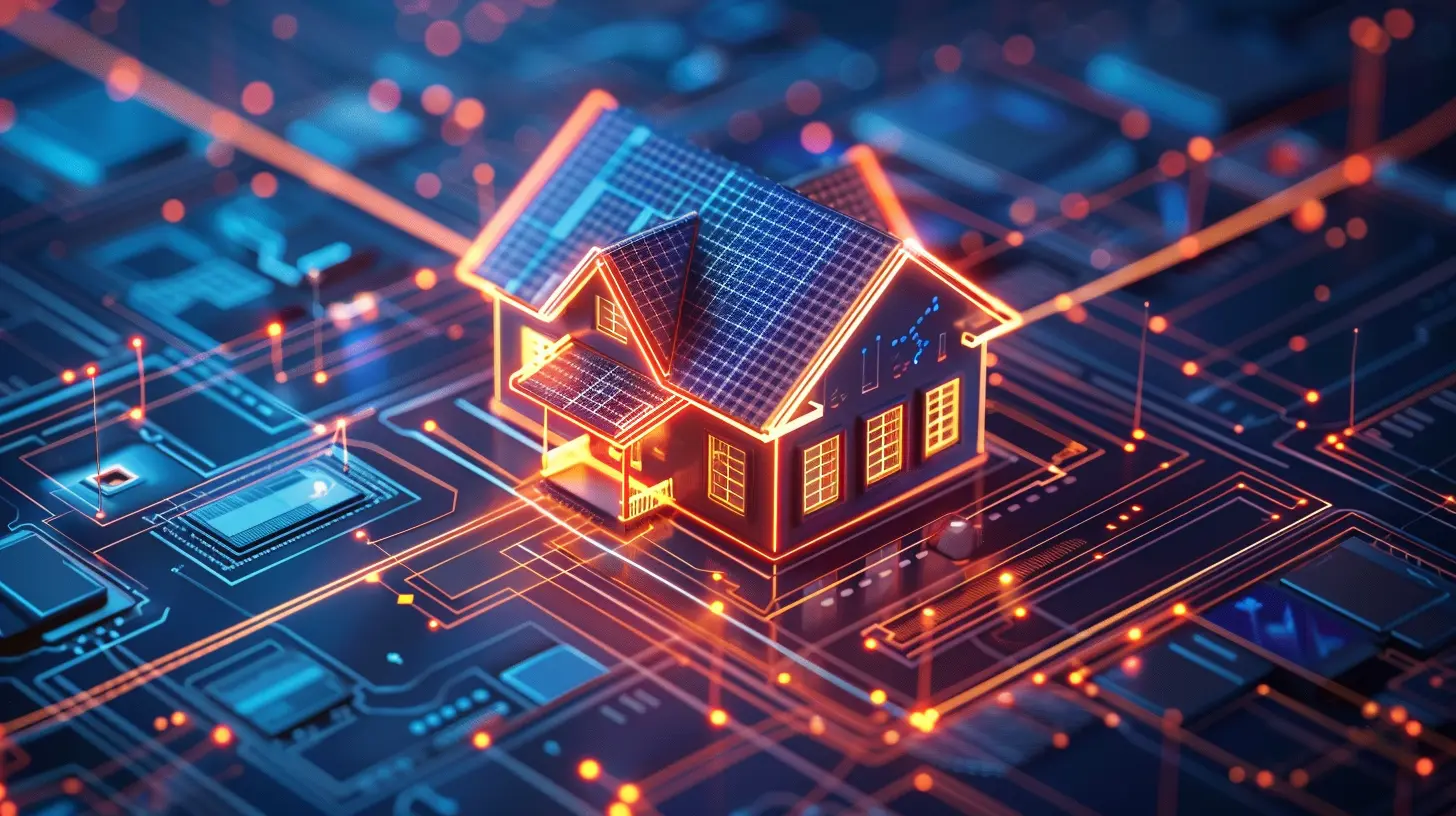
How Battery Tech Is Advancing Smart Homes
With the growing demand for smart home technology, battery innovations are evolving rapidly. Below are some of the latest advancements propelling the industry forward.1. Lithium-Ion Batteries – The Gold Standard
Lithium-ion batteries are widely used in everything from smartphones to electric cars, and they’re also the backbone of smart home technology. Why? Because they have high energy density, long lifespan, and quick charging capabilities.Devices like smart locks, security cameras, and thermostats benefit from lithium-ion batteries, as they offer:
- Longer operational time between charges
- Faster charging speeds
- Lightweight and compact design
However, lithium-ion technology isn’t perfect. It still faces challenges like overheating risks and gradual capacity loss over time.
2. Solid-State Batteries – The Future of Energy Storage
A major breakthrough in battery technology is the development of solid-state batteries. Unlike traditional lithium-ion batteries, which use liquid electrolytes, solid-state batteries use solid electrolytes. This advancement brings several benefits:- Higher energy density, meaning devices last longer on a single charge
- Faster charging times
- Improved safety with reduced overheating risks
- Longer lifespan compared to lithium-ion batteries
For smart homes, solid-state batteries could revolutionize energy storage. Imagine a backup system that charges within minutes and retains power for weeks—this could be a reality soon.
3. Sustainable & Eco-Friendly Batteries
Sustainability is a growing concern, and battery manufacturers are responding with more eco-friendly solutions. Traditional batteries contribute to electronic waste, but newer technologies aim to reduce environmental impact.Innovations in biodegradable and recyclable batteries are emerging. These batteries use non-toxic materials and can be broken down safely at the end of their lifecycle.
Additionally, some companies are experimenting with sodium-ion batteries—a more abundant and less expensive alternative to lithium-ion. These batteries could offer sustainable energy solutions for smart homes in the near future.
4. Wireless Charging and Battery-Free Devices
Imagine never having to replace or recharge a battery again. Wireless charging and energy-harvesting technologies are making this possible.Some smart home devices are now designed to harvest energy from environmental sources, such as:
- Solar-powered security cameras that use small built-in solar panels
- Kinetic energy-powered door locks that charge when used
- RF energy harvesting systems that pull power from Wi-Fi signals
These technologies eliminate battery maintenance and improve overall energy efficiency in smart homes. 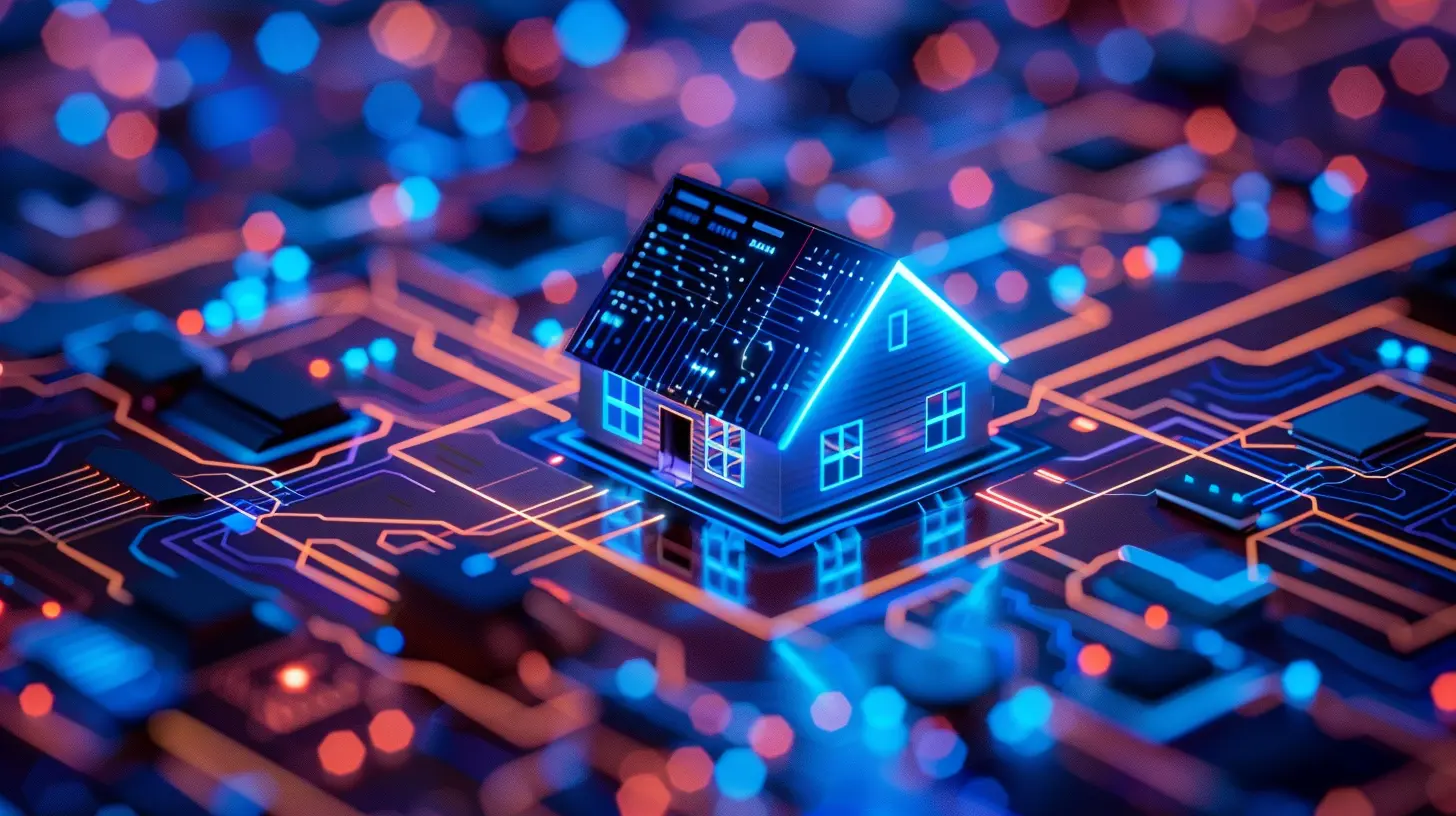
The Impact of Battery Tech on Smart Home Adoption
As battery technology improves, more homeowners are embracing smart home devices. Why? Because better batteries enhance reliability, reduce energy costs, and improve user experience.1. Increased Reliability
Nobody wants a smart home device that dies at the wrong moment. Advanced battery tech ensures that smart devices stay powered longer, providing consistent performance.2. Cost Savings on Energy
Efficient energy storage means lower electricity bills. Smart homes powered by advanced batteries can minimize energy waste and use power more effectively.3. Greater Convenience
Longer battery life and faster charging mean homeowners can enjoy their smart devices without constantly worrying about recharging or replacing batteries.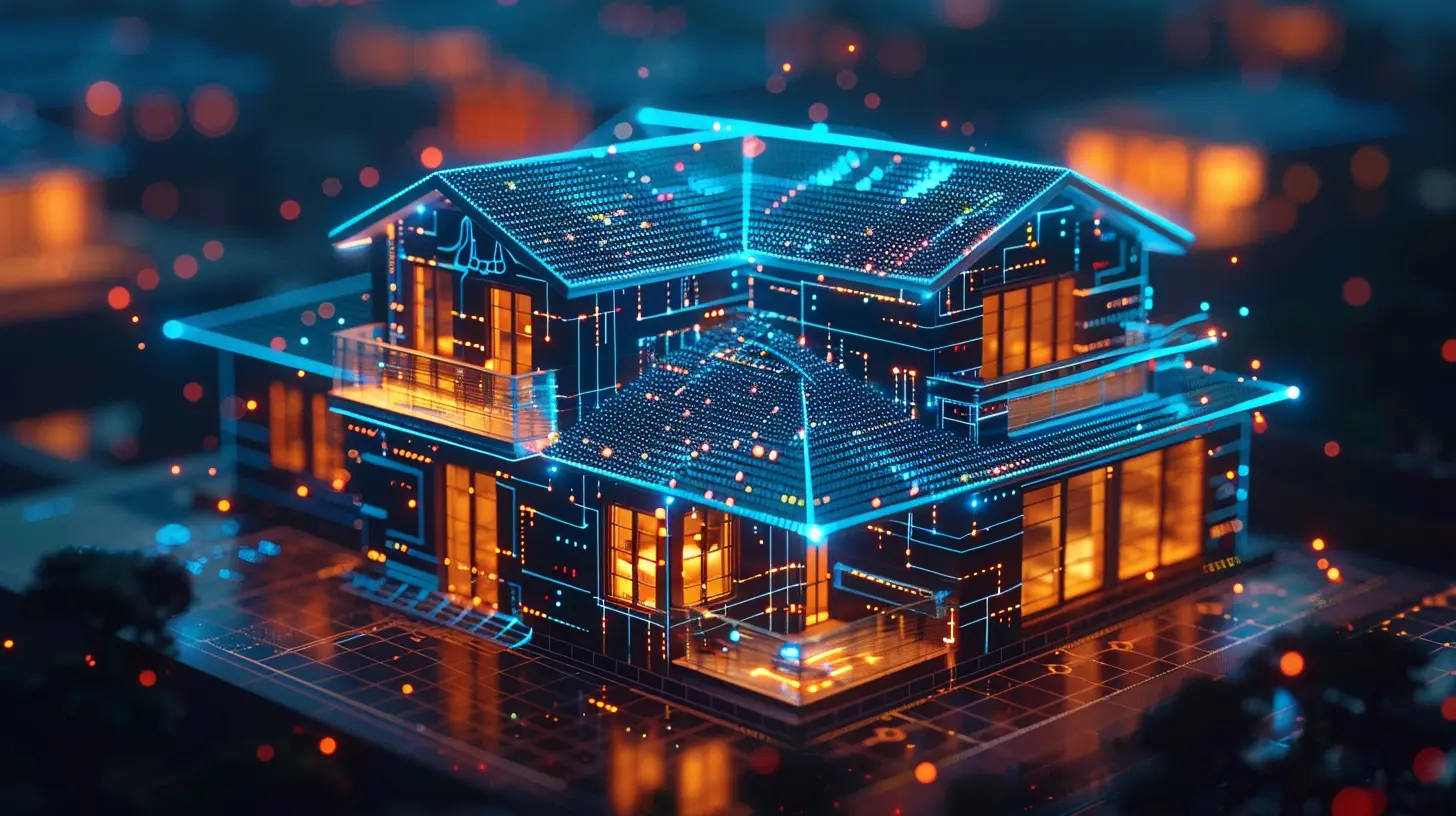
Challenges and Future Innovations
While battery technology has come a long way, there are still hurdles to overcome.1. Recycling & Environmental Concerns
Despite advancements, battery waste remains a concern. More efficient recycling programs and better sustainable materials will be key to making battery-powered smart homes more eco-friendly.2. Affordability
High-performance batteries, especially in home energy storage systems, can be expensive. As technology advances, costs are expected to drop, making smart home energy solutions more accessible.3. Integration With Renewable Energy
The future of smart homes lies in seamless integration with renewable energy sources. Batteries that efficiently store solar and wind energy will play a critical role in making homes more self-sufficient.Final Thoughts
Battery technology is the silent powerhouse behind smart homes. Advances in lithium-ion, solid-state, and eco-friendly batteries are driving the growth of smart home devices, making them more reliable, energy-efficient, and convenient.As battery innovation continues, we can expect an even smarter future where homes are self-sustaining, environmentally friendly, and more connected than ever. Whether it's through home energy storage, wireless power, or sustainable solutions, one thing is clear—better battery tech is paving the way for smarter living.
all images in this post were generated using AI tools
Category:
Battery TechnologyAuthor:

Vincent Hubbard
Discussion
rate this article
1 comments
Nolan Matthews
Great article! It’s exciting to see how advancements in battery technology are driving the smart home revolution, making our lives more convenient and efficient. Keep up the good work!
September 15, 2025 at 3:55 AM

Vincent Hubbard
Thank you for your kind words! I'm glad you found the article insightful. Battery technology is indeed transforming our smart homes!

